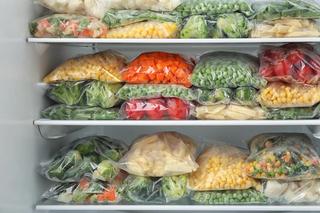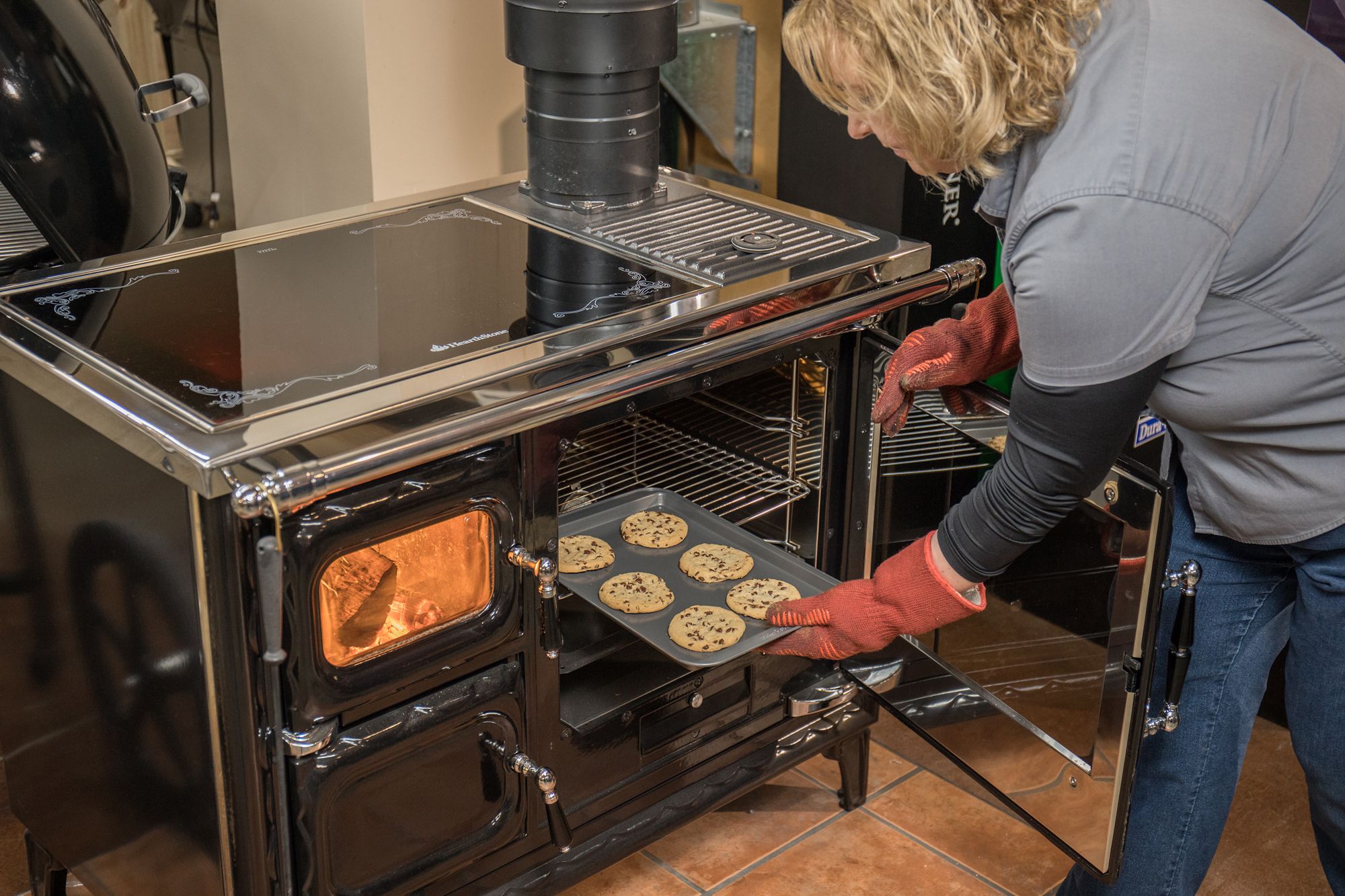Steps to prepare for a power outage


In April 2018, Mary Woita’s family survived a 75-hour winter power outage in Nebraska with three small children, no wood heat source, and a glitchy generator.
“One of the first lessons I learned when I moved with my husband to the middle of nowhere,” said Woita, who blogs about her homesteading experiences at Boots and Hooves Homestead, “ is rural living requires planning for various situations like crazy weather and 75-hour power outages.”
Living 17 miles from the nearest town, she attributes living the homesteading lifestyle as the perfect training for survival.
Humans have been prepping for winter since the dawn of time. Early settlers hunted game and found ways to preserve it. Most homes had a cellar full of tubers, squashes, and crocks of fermented foods. Attics or lofts were brimming with dried apples, tomatoes, onions, and herbs.
Today, we’re accustomed, for the most part, to having a grocery on every corner and food at our fingertips, along with electricity, gasoline, instant news, and communication. But when the power goes out, all of that goes out, too.
Before the storm—things to do now
To survive a power outage, prepare before it happens. You never know how long an unplanned outage will last. Here are some tips you should follow now:
The best thing to do is to hope for the short-term and prepare for the long-term
Speak to your doctor. Always be aware of your supply of daily medications and refill prescriptions promptly. Ask the doctor the highest temperature your refrigerated medication can withstand and for how long. If you have medical devices that require electricity, ask them how to best plan.
Check with your power company. Many utilities keep a list of residents who rely on life-supporting medical devices and will work to return service to those households first.
Put food by. If you don’t already have a cellar full of food you preserved from the garden and a freezer full of meat, start a preparedness pantry now. It doesn’t have to be anything fancy. Canned goods like tuna, peanut butter, and vegetables are a good place to start. Or, invest in a supply of freeze-dried foods like Thrive Life, Honeyville, or Mountain House.
Freeze-dried foods keep, unopened, for 25 years. The freeze-drying process preserves essential nutrients better than canning, and when you don’t want to open your freezer during an outage, you can use freeze-dried meat.
If you hunt or camp often, consider buying your own freeze-drying machine to preserve foods for outages, too. Harvest Right is the best known company and they offer several models.
Don’t forget your water. No one can survive without water. If you live on a well and have no generator to operate it during an outage, it’s best to put some up, at least for drinking.
Pro tip: Rather than store empty Mason jars on my shelf, I’ve canned water. Simply boil the water, pour in your sterilized jar, and seal.
Prepare for light and heat. If you’re not fortunate enough to have your house wired to a generator, you want to have an alternative form of lighting and heat. Many homesteaders have woodstoves or fireplaces installed. Keep a supply of candles, lamps, and oil, too.
Prepare for those who can’t prepare for themselves. Let’s not forget the babies and animals. Diapers, formula, and food for pets and livestock need to be on hand, too.
Collect other miscellaneous tools. You may not be a grilling enthusiast, but according to Woita, having a small propane camp stove is a lifesaver during an outage. “A basic grill can help you be prepared to make meals for your family,” she said. “Also, you can’t really cook on the grill if you’re not stocked up on propane. Don’t ask me how I know!”
Other things to include: a hand-operated can opener, first aid kit, water purification tabs, bleach, disposable plates and utensils, non-electric forms of entertainment, and extra blankets and sleeping bags. Woita said her family “survived on snuggles, extra blankets, and a whole lot of winter clothing.”
You can get prepared emergency rations at places like WalMart, and camping and outdoors stores.
What to do during a storm
When the meteorologists predict a storm on the horizon, it’s time to take action. Don’t just think bread and milk, either. You want to batten down the hatches, both inside and out.
Sally Olson, homesteader in the Sierra-Nevada mountain range of northern California, has a routine she goes through when a winter storm is predicted. Her routine includes things like doing all the laundry, emptying and running the dishwasher, filling bathtubs with water, checking supplies of things like batteries, propane for the grill, and gasoline for the generator and vehicles.
One of Olson’s favorite outage hacks is preparing boiling water for coffee in a thermos that keeps it hot for 60 hours. “I boil and store the water at night,” she said, “so I can make coffee in pour-over fashion in the morning.”
After all, no one wants to get through a power outage without coffee.
Tags:Hearth & Home

Acreage Life is part of the Catalyst Communications Network publication family.
















